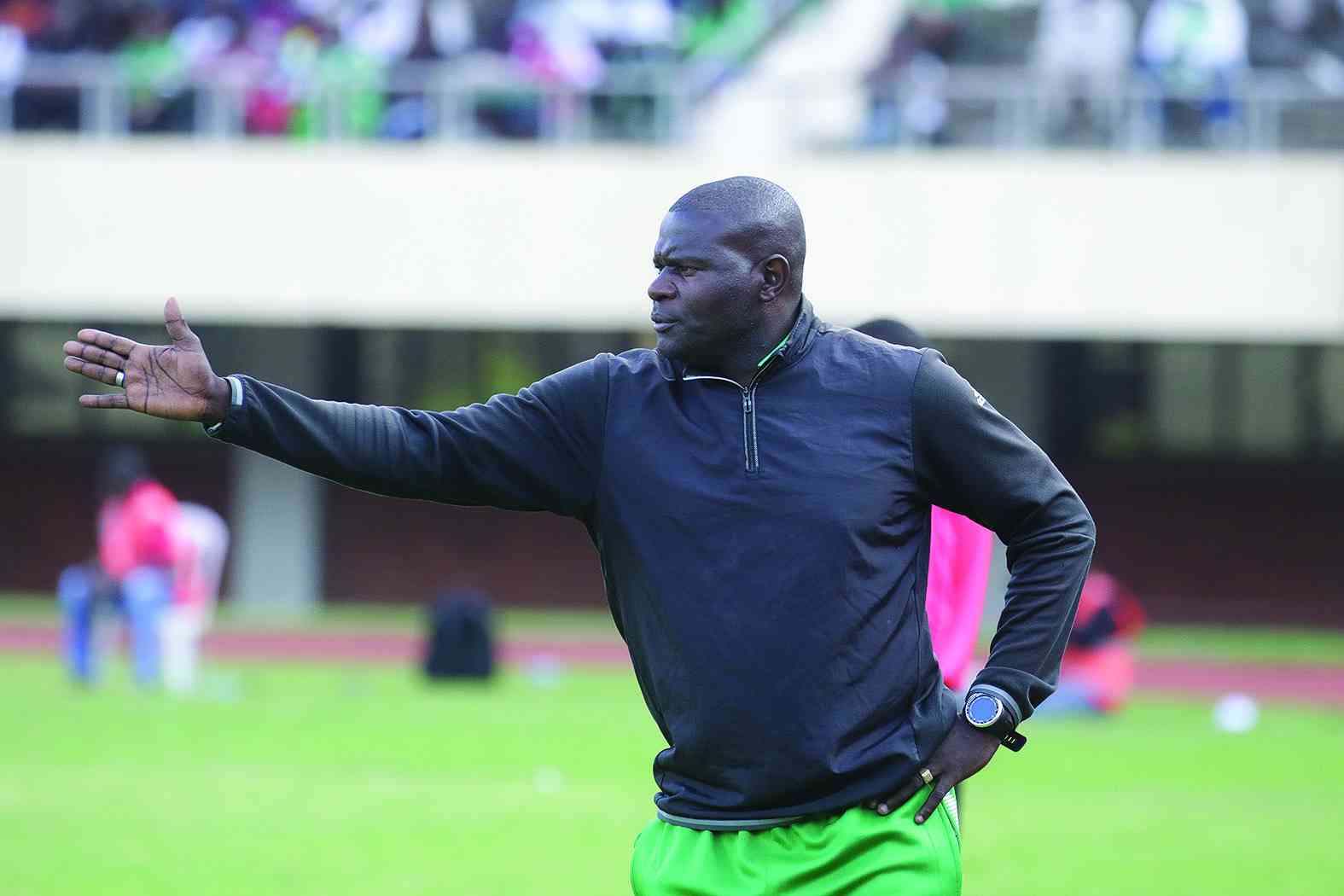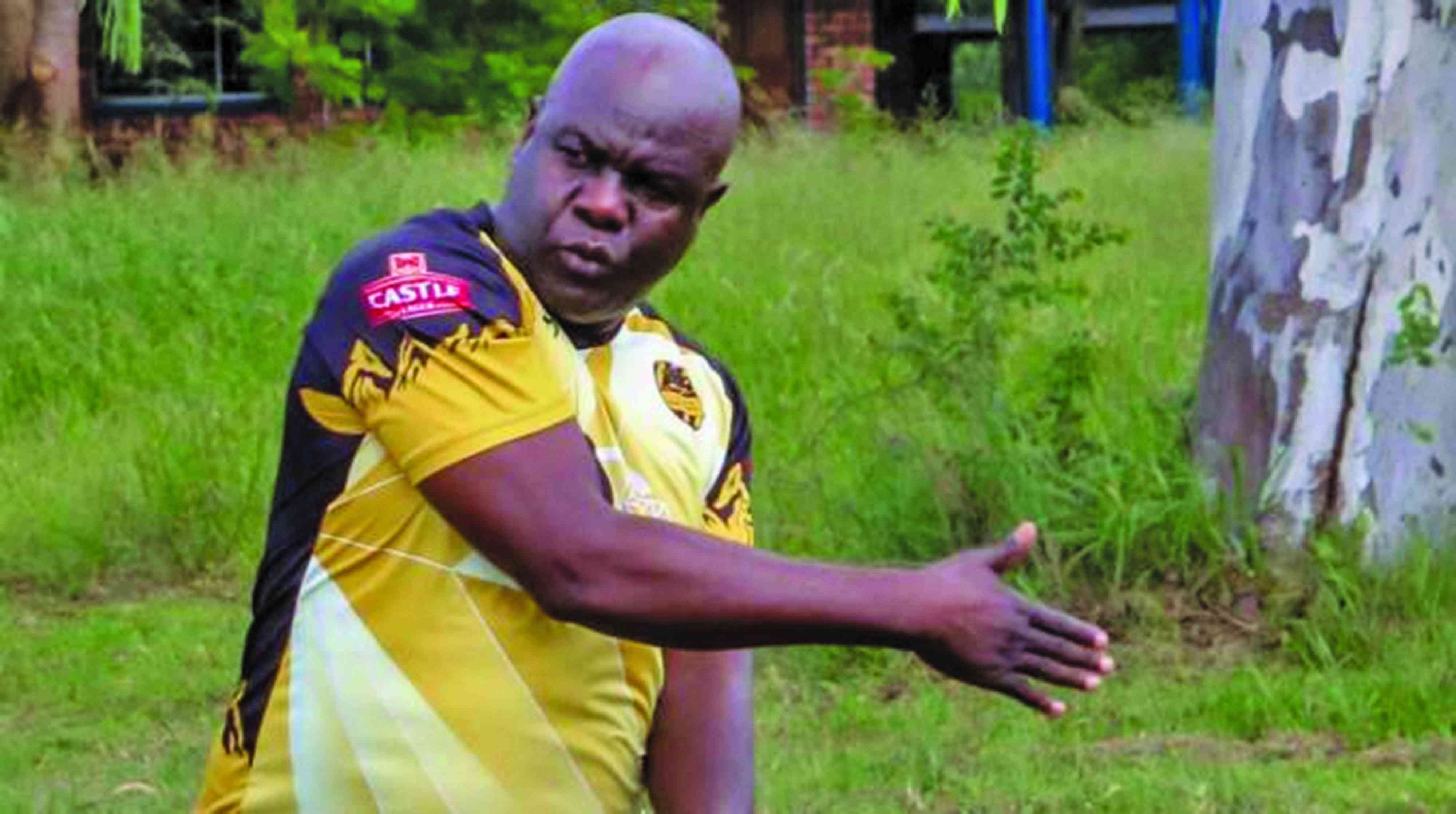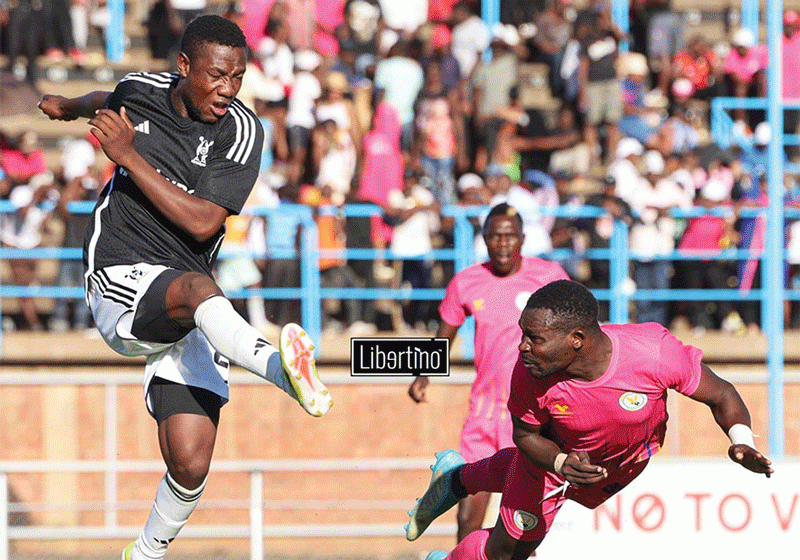
LONDON – Britain may have to call up yet more soldiers to police the Olympic Games, the government said on Wednesday, after a failed private sector recruitment drive left an embarrassing hole in security and dashed London’s dreams of a spotless showcase.
The security fiasco and doubts over the ability of London’s strained transport system to handle a swarm of visitors have overshadowed an event which the government still hopes will give recession-hit Britain something to celebrate.
The latest victim of London’s roads and rail network system was the opening ceremony of the Games, the brainchild of Oscar-winning British film director Danny Boyle due to be watched by an estimated one billion people worldwide.
The ceremony, in which the new Olympic stadium will be cast as an idyllic scene in Britain’s rolling countryside, complete with sheep and cows, has been rejigged because rehearsals were over-running in order to avoid a possible late stampede for trains and buses home, officials said on Wednesday.
A daredevil stunt bike performance was cancelled following rehearsals, with some media reports suggesting the event was removed over fears that security checkpoints would be unable to cope with a rush of more than 60,000 spectators.
“Performers are rehearsing sections and transitions to ensure they are as tight as possible. This is normal in any production whether it be theatre or ceremonies,” a spokesman for London 2012 said.
“We need to make sure the show comes in on time, to make sure spectators can get home on public transport.”
The omens did not look good as athletes from across the world poured into London this week to begin final preparations for their events, settling into accommodation and draping large national flags from windows.
- Chamisa under fire over US$120K donation
- Mavhunga puts DeMbare into Chibuku quarterfinals
- Pension funds bet on Cabora Bassa oilfields
- Councils defy govt fire tender directive
Keep Reading
Some athletes tweeted their frustration after their drivers got lost on the way from Heathrow airport on the outskirts of west London to the Olympic village in east London, even though special lanes have been set aside for Olympics teams.
The glitch came after G4S, a global security firm that employs more than 650,000 staff, said it could not deliver a promised 10,400 security guards to watch over the Games, exposing the government to accusations of poor planning.
To fill the gap, the Ministry of Defence called up an extra 3,500 troops – many just back from serving in Afghanistan – to take the armed forces contribution to 17,000 personnel.
IRATE TAXI DRIVERS
More troops could be deployed to chaperone crowds at the Games if G4S struggles to find a minimum requirement of 7,000 staff. An extra 2,000 troops may be needed.
“Should there be a requirement for additional military personnel the MoD will do whatever possible to make them available,” a spokeswoman for the defence ministry said.
“At the present time no further requests have been received but, as people would expect, an ongoing programme of prudent planning continues.”
On Tuesday, G4S Chief Executive Nick Buckles suffered an excruciating grilling by irate lawmakers, agreeing with one during a parliamentary hearing that failed efforts to recruit enough guards had left the firm’s reputation “in tatters”.
The government says all security needs will be met. It is eager to soothe fears over any threat to visitors and athletes in a city were Islamist extremists killed 52 people in bombings on the public transport system the day after London was awarded the Games, in July 2005.
In a piece of positive news for organisers, Britain’s official statisticians said on Wednesday the Olympics had given a much-needed jobs boost to the economy. They did not specify if that increase came from the security sector.
However, the Olympics feel-good factor has yet to be felt by many in Britain, according to an Adecco poll which showed excitement about the Games had fallen one point to three out of 10 this week.
Some events have also failed to attract expected interest. Half a million tickets for Olympic soccer matches were withdrawn and stadium capacities reduced this week because of a lack of demand.
The transport teething problems have also contributed to a difficult last week before the Games.
Taxi drivers, renowned for their territorial attitude towards the streets of London, brought traffic outside parliament to a standstill on Tuesday in protest at their exclusion from the Olympic traffic lanes.
London’s spaghetti network of underground routes and thin, cluttered roads comes under strain from commuters, tourists and shoppers at the best of times, but it must cope with an unprecedented burden in the coming weeks.
Boris Johnson, the capital’s mop-haired Conservative mayor, is doing his bit to try to prevent bottlenecks forming.
His distinctive voice can be heard booming across “Tube” station concourses greeting travellers with an enthusiastic warning to plan ahead to avoid getting caught up in the crowds.
“Hi folks. This is the mayor here,” he bellows. “Don’t get caught out.”











